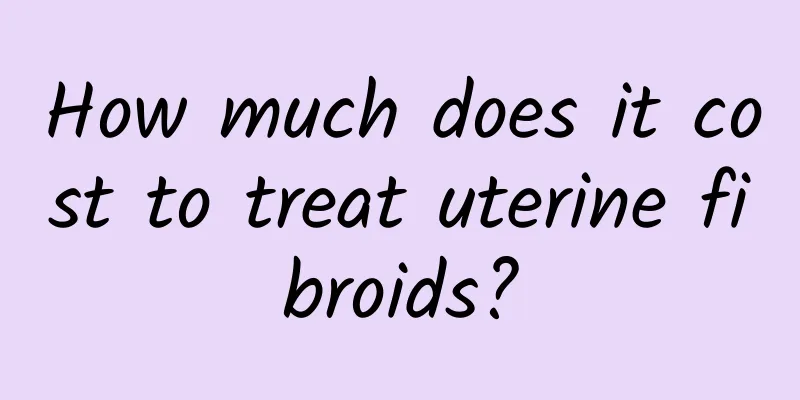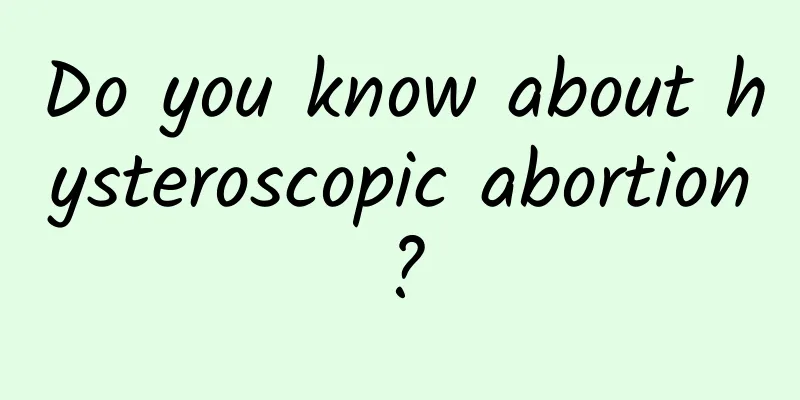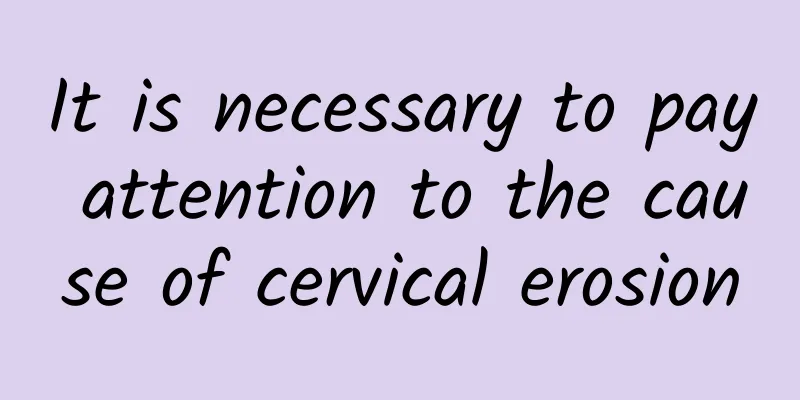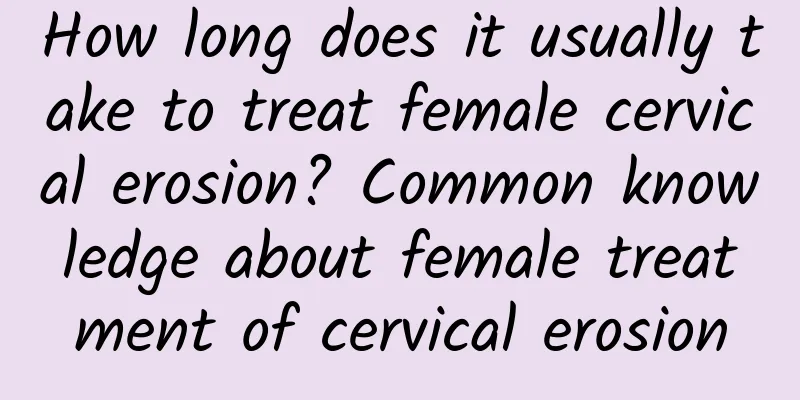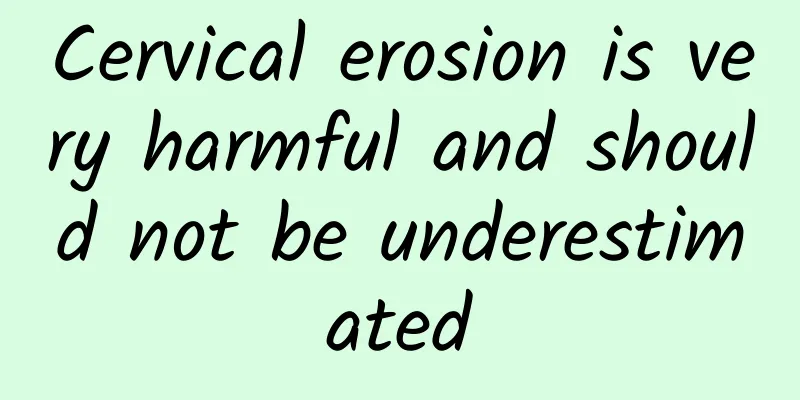What can't you eat after a miscarriage? How to adjust your diet after a miscarriage?

|
What should you not eat after a miscarriage? The most common ones are spicy foods, such as chili peppers, wine, vinegar, pepper, ginger, etc. These foods can stimulate congestion of sexual organs and increase menstrual volume. You should also avoid cold foods such as crabs, snails, and river clams. Specifically, they are as follows: 1. Cannot eat hard food; 2. Do not eat raw or cold food after abortion, especially for women with poor spleen and stomach function. Too cold food will hurt the spleen and stomach and affect digestion. 3. Do not eat greasy food such as fat, animal fat, etc. The fat intake should be controlled at about 80 grams per day within one week after the operation. After the abortion, the gastric tension and intestinal motility are weak, which will cause indigestion. After the abortion, you will have a complete rest. High-fat food will reduce your appetite and reduce the intake of protein, sugar and vitamins, which is also easy to cause obesity. 4. Do not eat cold foods such as crabs, river clams, snails, etc. Because after abortion, the best food is warming and nourishing, and these foods are not conducive to recovery. 5. Avoid smoking and drinking after abortion. Smoking and drinking are not conducive to the repair of the endometrium. Long-term vaginal bleeding will aggravate the infection and lead to other gynecological diseases. 6. Do not eat hot foods such as fried and spicy foods after surgery to avoid aggravating bleeding. Fried foods will aggravate symptoms such as dry mouth and constipation. Avoid eating irritating foods such as chili, pepper, ginger, wine, vinegar, etc. Because these foods can stimulate congestion of sexual organs and increase menstrual volume. Diet adjustment after miscarriage should focus on the following points 1. Within half a month after artificial abortion, 1.5 to 2 grams of protein should be supplied per kilogram of body weight. Therefore, you can eat more chicken, lean pork, eggs, milk, beans, and bean products. 2. As the body is weak and prone to sweating, it is advisable to replenish water in small amounts and multiple times. Sweat excretes more water-soluble vitamins, especially vitamin C, vitamin B1, and vitamin B2. Therefore, you should eat more fresh vegetables and fruits, which is also helpful to prevent constipation. 3. On the basis of normal diet, fat should be appropriately limited. The fat should be controlled at about 80 grams per day within one week after surgery. People with menstrual disorders should avoid eating irritating foods, such as chili, wine, vinegar, pepper, ginger, etc. These foods can stimulate congestion of sexual organs and increase menstrual volume. Cold foods such as crabs, snails, and river clams should also be avoided. |
<<: What happens if you eat spicy food after an abortion?
>>: Is painless abortion really painless? How much harm does painless abortion do to women?
Recommend
How to regulate irregular menstruation? Try these four dietary treatments
Irregular menstruation is a common gynecological ...
How to take the medicine for medical abortion? The correct way to take the medicine for medical abortion
Medical abortion sounds simple, but there are als...
What are the examination items for irregular menstruation?
What are the examination items for irregular mens...
Regular life can help women prevent ovarian cysts
Ovarian cyst disease is a gynecological disease. ...
What to do if endometrial thickness and cervical hypertrophy
Endometrial thickening and cervical hypertrophy a...
A high-salt diet in winter can lead to cardiovascular disease! Nutritionist: Don't try these five high-sodium foods
Winter is a season when cardiovascular diseases a...
Why can't you eat biscuits when you have uterine fibroids? Can you eat biscuits and bread when you have uterine fibroids?
Why can't people with uterine fibroids eat co...
Life expectancy of patients with cervical erosion
Regarding the life expectancy of patients with ce...
Get rid of belly fat and slim your waist with some tips! Aerobic teacher teaches 3 ways to train muscle endurance
Wearing cooler clothes in the summer, exposing th...
Is eating a big meal a sin? ! Do these muscle endurance exercises and grow muscles unexpectedly
The year-end banquets started one after another, ...
Recommended hospitals for hyperprolactinemia
Where is the best hospital for the treatment of h...
What to do if your period comes 10 days early
What should I do if my period comes 10 days early...
What are the causes of ectopic pregnancy?
What are the causes of ectopic pregnancy? Ectopic...
What are the main treatments for vulvar leukoplakia?
Do you know what are the treatments for vulvar le...
What is the cause of left ovarian cyst?
What is the cause of left ovarian cyst? Left ovar...
